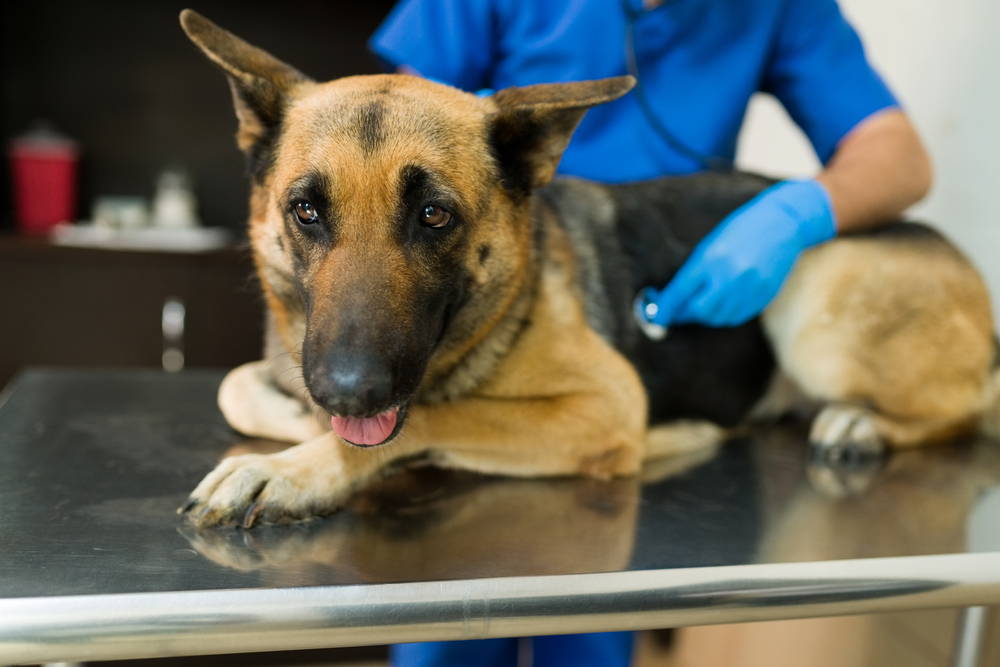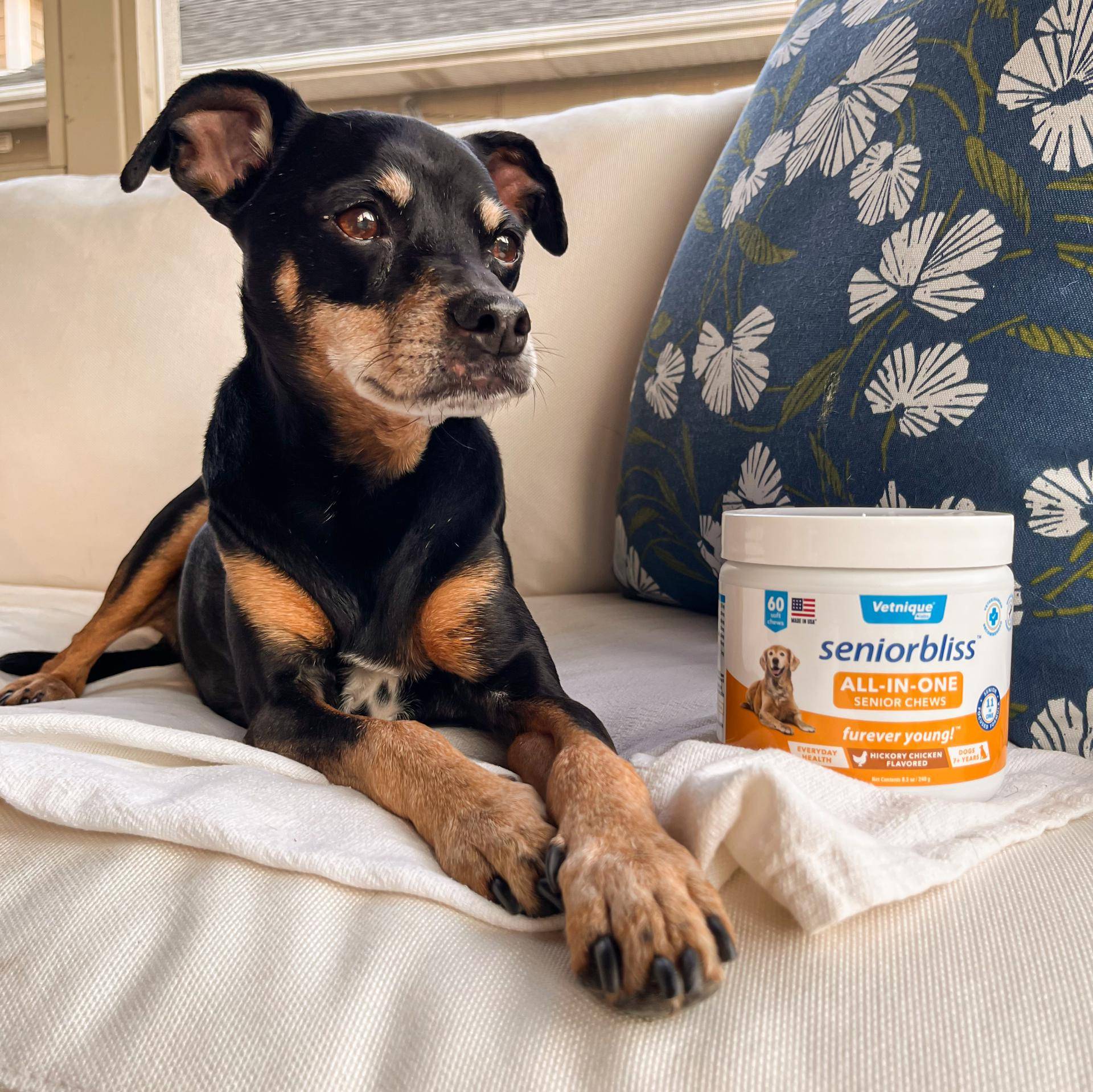BREED SECRETS: top HEALTH CONDITIONS TO Watch in GERMAN SHEPHERDs
Jump to Section

Embarking on the journey of becoming a pet parent to a German Shepherd? These majestic companions are known for their unwavering loyalty and boundless energy. But let's face it––German Shepherds have a reputation for struggling with certain aspects of their health.
So which health conditions are worth worrying about, and how can you identify issues as they arise? Taking care of any pet can be overwhelming, but we’ll help you navigate the ins and outs of German Shepherd dog health!
Do German Shepherds have a lot of health issues?
What are the top health issues for German Shepherds?
German Shepherd hip dysplasia is one of the main health concerns for this active working breed. Hip dysplasia in dogs stems from a malformation of the hip joint and can lead to discomfort and reduced mobility for these active canines.
If you have concerns about your dog’s hips, don’t wait to tell your vet! Recognizing signs of hip dysplasia in dogs is crucial for early intervention. Watch for subtle changes in their gait, reluctance to engage in physical activities like jumping, climbing stairs, or playing, and difficulty standing up. Keeping a healthy weight and offering joint supplements for dogs can also help your pet manage this condition.
While hip dysplasia is the most talked-about health issue in German Shepherds, that doesn’t mean other health issues won’t pop up! Just like other dogs, they can struggle with digestive upset and skin allergies in addition to certain genetic conditions.
German Shepherds may also deal with Degenerative Myelopathy (DM), which affects the spinal cord. This disease can lead to hind limb weakness and eventually paralysis, leading to loss of mobility and decreased quality of life. Hip dysplasia and DM can have overlapping symptoms–like hind limb weakness–so it’s important to be seen for a proper diagnosis from your veterinarian.
Another disease that affects German Shepherds is Von Willebrand Disease (VWD). Talk to your veterinarian if you see signs of this rare hereditary condition in your pet: excessive bleeding from the gums and nose or easy bruising.
Exocrine pancreatic insufficiency (EPI) is another condition that can cause issues for German Shepherds. It occurs when the pancreas doesn’t make enough enzymes––the same enzymes that help digest food properly. When they're lacking, it can lead to tummy troubles like weight loss and messy poops. The good news? EPI can be managed with special diets and enzyme supplements, making sure our furry pals feel their best.
So what can German Shepherd pet parents do to keep their dogs healthy? Schedule regular vet visits and keep an open line of communication with your dog’s veterinarian to stay ahead of new (or chronic) health issues.

Joint supplements for German Shepherds
Common pet issues that affect German Shepherds
While German Shepherds certainly have a few conditions that plague their breed, they’re not immune to common itching, shedding, or tummy issues! These are a few common conditions that can bother this breed:
Digestive issues
Compared to other breeds, German shepherds tend to have sensitive stomachs. They can suffer from chronic vomiting, diarrhea, and constipation. The list doesn’t stop there––bigger issues like exocrine pancreatic insufficiency (EPI) and inflammatory bowel disease (IBD) can also be a challenge and often require the care of a veterinarian.
Shedding
Allergies
Arthritis

Frequently asked questions about German Shepherd health
Have a few burning questions about your German Shepherd’s health? Specific health concerns can only be evaluated by your veterinarian. However, there are a few general facts to know about your dog!
How long do German shepherds live?
Why are German shepherds very prone to disease?
What are the weaknesses of German Shepherds?
If you suspect that your pet has a medical concern, you should consult with your veterinary health care provider or seek other professional medical treatment immediately. Never disregard professional medical advice or delay in seeking it because of something that you have read on this blog, website, or in any linked materials.
Join the Pack!

Sign up for exclusive deals, curated pet tips from veterinarians, and product launches!
Pet Parents are Also Reading...
October, 2022
Related Articles
























